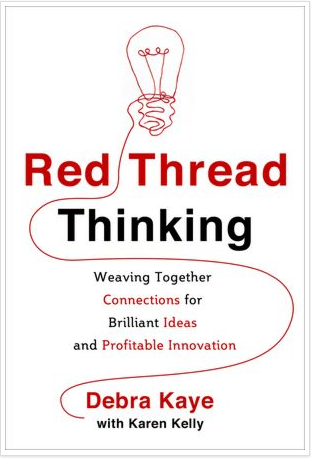 There are different meanings for the concept of sustainable growth. In one sense, it is synonymous with sustainable development; in other words, it is a pattern of economic growth in which resources are not depleted and the environment is preserved to meet the needs of not only the present, but the future as well. Sustainable growth also has a financial meaning for business. In simple terms, it is the realistically attainable growth that a company can maintain without running into problems. Unfortunately, as we have seen recently in many economies, conflicts may arise if an organization’s growth objectives are not consistent with the value of its sustainable growth.
There are different meanings for the concept of sustainable growth. In one sense, it is synonymous with sustainable development; in other words, it is a pattern of economic growth in which resources are not depleted and the environment is preserved to meet the needs of not only the present, but the future as well. Sustainable growth also has a financial meaning for business. In simple terms, it is the realistically attainable growth that a company can maintain without running into problems. Unfortunately, as we have seen recently in many economies, conflicts may arise if an organization’s growth objectives are not consistent with the value of its sustainable growth.
Whole Foods and Patagonia are great examples; they have been focusing on sustainable growth for years and are among today’s strongest brands. For example, Patagonia believes in doing no environmental harm(or as little as possible), so it has created the Footprint Chronicles website, making its production process public so that people can choose those products that have less environmental impact and make suggestions. Smarter consumers look for smarter and more like-minded producers.
In the broadest sense, I think sustainability is more than just non-depletion of resources. For me, sustainability is about creating profitable businesses that not only have positive outcomes for their employees, investors, and nearby communities, but also are able to reach out and help others become more self-sustaining. I believe strongly that if all new businesses build the broader good into their DNA, especially in a way that enhances their longevity and future profits, we will go a long way toward harnessing capitalism and the market’s full power. In 2005, Walmart was roundly criticized for focusing solely on lower costs without considering the environmental or human cost. It changed its vision to become environmentally sustainable and began forcing its suppliers to do so as well. For example, it mandated that it would sell only concentrated laundry detergent, causing P&G to completely change its manufacturing procedures. It also switched from selling incandescent bulbs in favor of compact fluorescent bulbs, which are said to save energy and last longer than conventional bulbs. In 2008, it was one of only two stocks on the New York Stock Exchange to rise.


